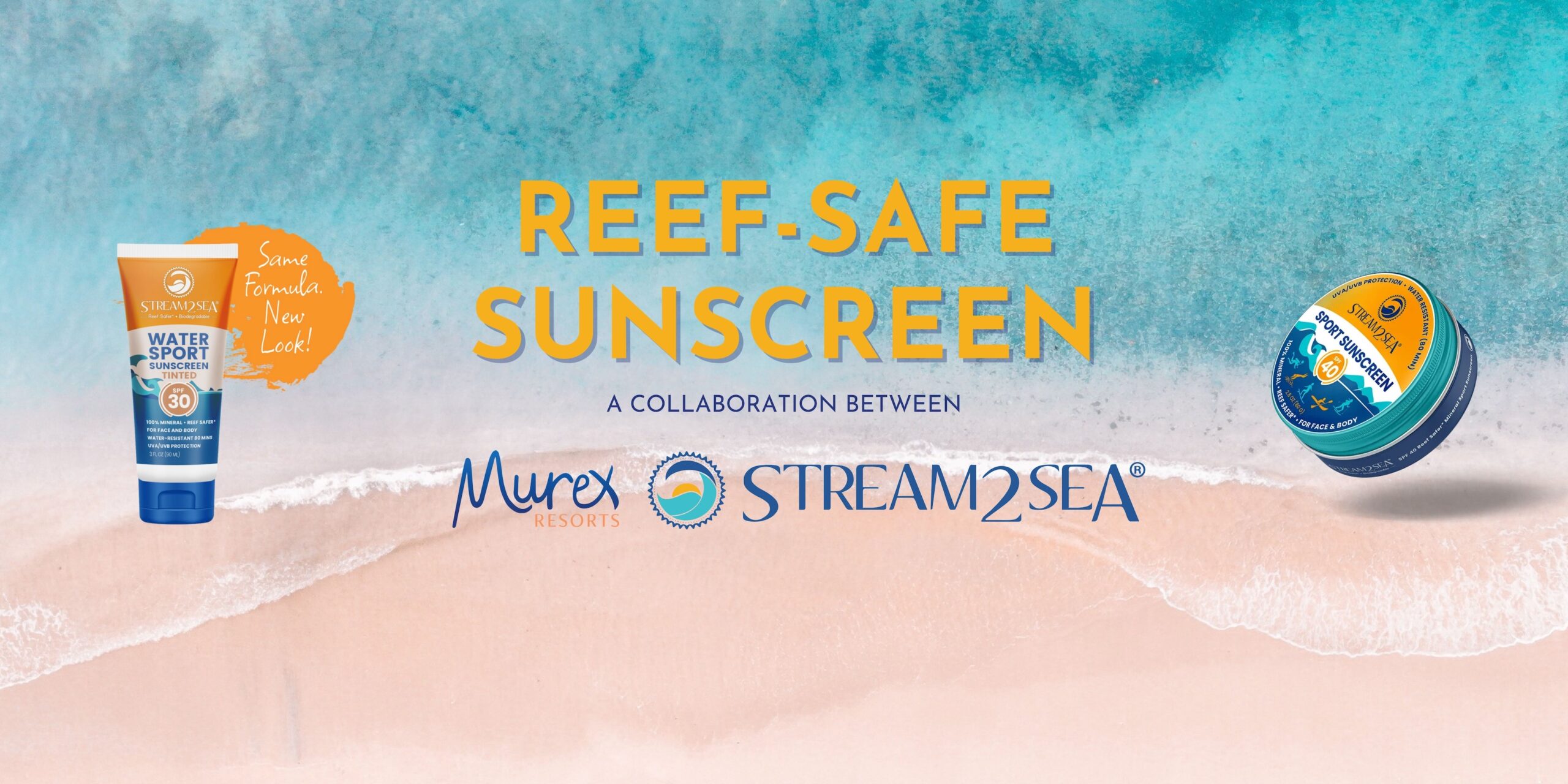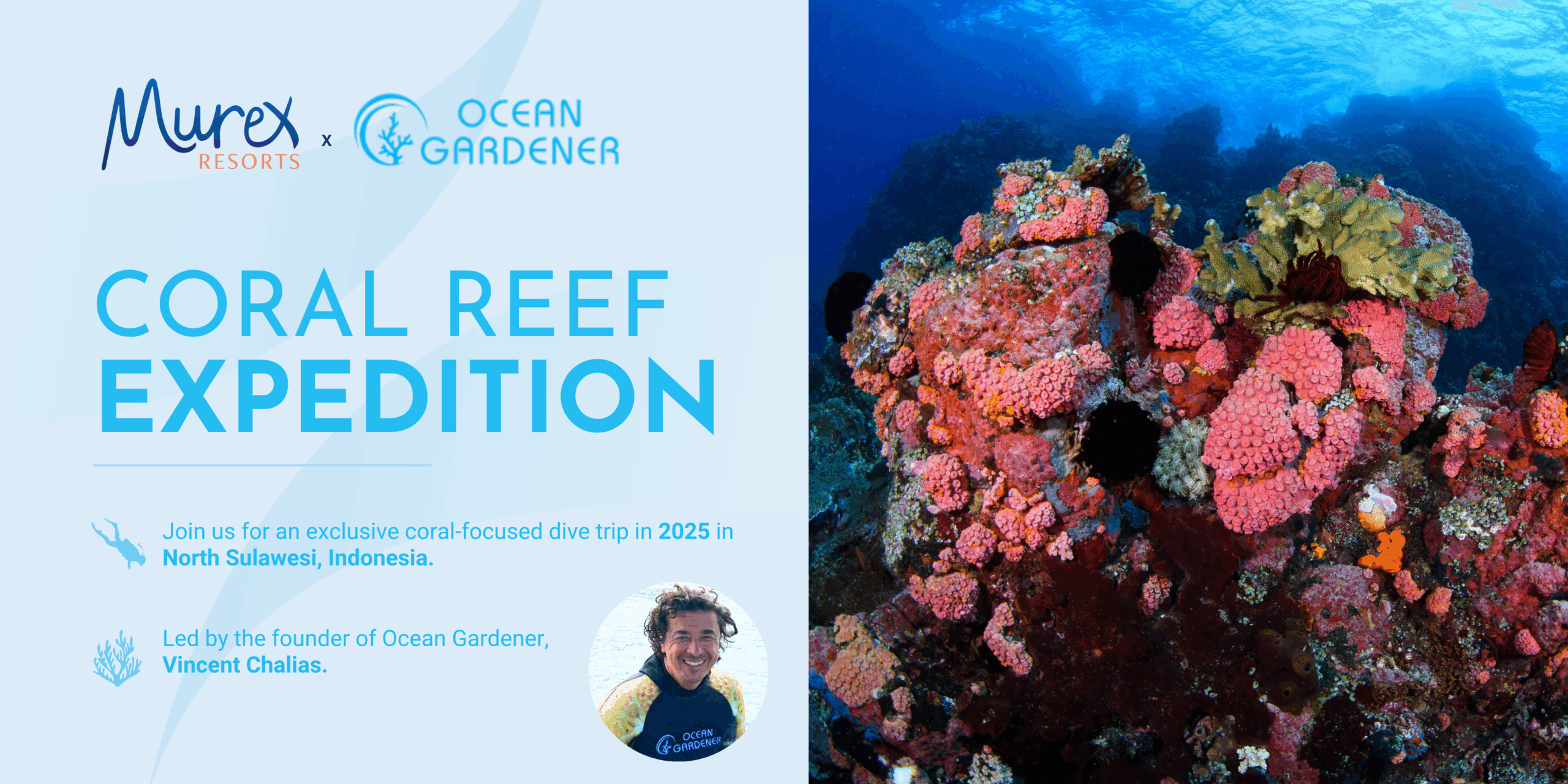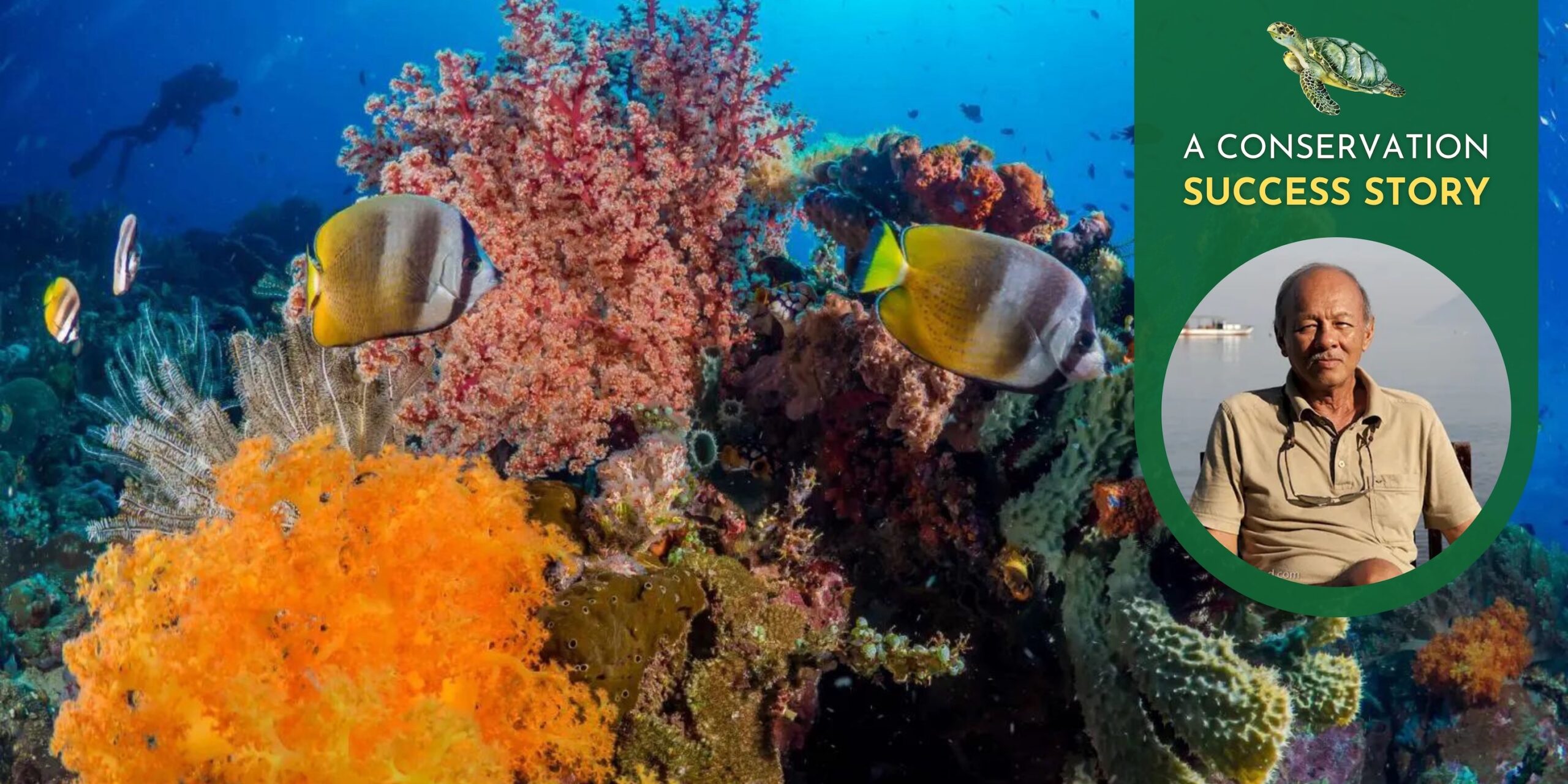
Reef-Safe Sunscreen Recommendations
When diving or snorkeling on coral reefs, we all have a responsibility to tread lightly and minimize our impact on nature. And one of the most negative consequences of our interactions comes from sunscreen. These products have chemicals in them that can be harmful to sea creatures and disrupt the delicate balance of coral reefs.
Like all good diving practices, it’s important to know the risks and take the proper precautions before you get in the water. When it comes to sunscreen, a little extra time online and in the supermarket can make a massive difference.
In this article, we’ll examine the risks associated with sunscreen, and introduce you to our recommended reef-safe sunscreens to help you stay safe without damaging coral health.
What makes sunscreen harmful to coral reefs?
Sunscreens contain organic (chemical) and/or inorganic (mineral) UV filters that absorb, reflect, or disperse UV light. They also contain inactive ingredients such as antimicrobial preservatives, moisturizers, and antioxidants. Some other red flags to watch out for:
- Microplastics, which can enter the food chain and cause all kinds of disease and digestive problems in marine animals;
- Oxybenzone, which is directly connected to coral bleaching;
- Oxtinoxate, a common UV filter that also causes coral bleaching;
- Octocrylene, which is toxic to marine life; and
- Triclosan, an antibacterial agent that hampers the growth of the blue-green algae that are the building blocks of coral communities.
Our Recommended Reef-safe sunscreen
What about mineral sunscreens? Are they safer?
Mineral sunscreens are less likely to cause skin irritation compared to chemical sunscreens. This makes them a popular choice for children and people with allergies or sensitive skin. But this doesn’t necessarily make them safer for the ocean.
The active ingredients in mineral sunscreens are titanium dioxide and zinc oxide, which create a barrier that reflects UV light. They don’t absorb into the skin, which can result in a shimmering slick of oily chemicals as you dive or snorkel on coral reefs.
Another chemical that’s beginning to appear in mineral sunscreens is butyloctyl salicylate. These ‘SPF boosters’ are intended to increase protection, but have also been officially categorized by European Chemicals Agency (ECHA) as ‘Aquatic Chronic 4’, meaning they cause ‘long-lasting harmful effects to aquatic life.’
Because this is a relatively new ingredient, some brands that claim to be sustainable skincare products may have it in their formula without realizing the risks for people and nature. What’s more, concerns have also been raised about its safety for children, babies, and pregnant mothers.
How can I be sustainable with my skincare?
So how can you protect yourself and your family, without damaging coral reefs? For starters, check the bottle and be critical of empty promises. By scrutinizing the contents of your sunblock and holding companies to account, we can advocate sustainable skincare solutions and help keep dangerous chemicals away from corals.
We recommend you only buy sunscreen from manufacturers that have complete control over their ingredients. That company should be able to demonstrate third-party certifications (for example, Protect Land+Sea), be in full control of their supply chain, and be able to explain exactly what chemicals and processes are used to make their products.
It’s a little more time-consuming than taking a bottle off the shelf in the supermarket, but the positive impacts of your pickiness could have real and lasting implications for the ecosystems you visit. For your safety and the health of the ocean, sustainable sunscreen just makes sense.
You can find a range of sustainable sunscreens that are certified as reef-friendly over at Stream2Sea. Use the code 𝗠𝗨𝗥𝗘𝗫𝗥𝗘𝗦𝗢𝗥𝗧𝗦 at checkout and you’ll get a 𝟭𝟬% discount.

For more information about reef-friendly sunscreen, check out these links:
- Save the Reef (a reef-safe sunscreen guide with helpful tips for sustainable skincare)
- ICRI Forum (a study by the Government of Sweden that investigates the impacts of sunscreens on coral reefs)
- Protect Land+Sea Certification (only applied to products that are entirely coral safe)



